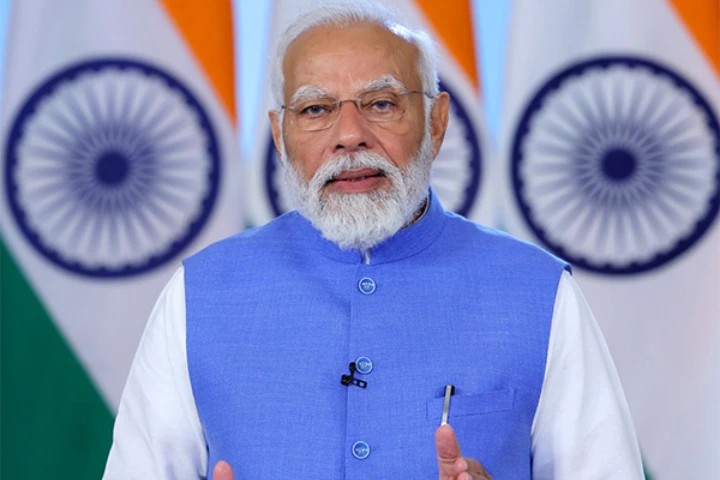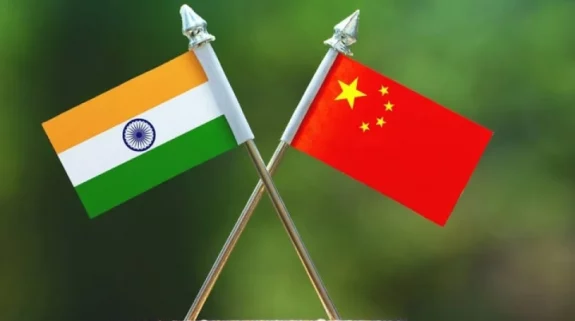By Surya Gangadharan
As Narendra Modi packs his bags for Russia early next week, here’s a quiz: When was the last time Foreign Secretary Vinay Kwatra went to Moscow? For that matter, when did India’s defence secretary go to Russia last? What about the defence minister or commerce minister?
Unless those visits were secret, there is no record of any recent visit, either this year or last year, by any of these personages on the website of the Indian mission in Moscow.
Visits by other officials are mentioned including two by Dammu Ravi, Secretary (Economic Relations) in May and June this year; NSA Ajit Doval was there in April; External Affairs Minister S Jaishankar was there in December last year.
Defence is a crucial pillar of the India-Russia relationship, yet neither the minister nor the secretary have gone there. Note that India and Russia are “Special and Privileged Strategic Partners”. As a senior former diplomat told Stratnewsglobal, it means both sides are committed to major joint projects over the long term:
For instance, the manufacture of AK-203 rifles in India; human space flight; the Kudankulam nuclear power project is already over 20 years old. What about new projects? This is where a standalone visit by Modi could be helpful.
There are reports that the Modi visit could see the finalisation of a plan to make components of the S-400 ballistic missile defence system. There are also reports about a logistics support agreement that will see Moscow opening its Arctic facilities to facilitate India’s entry into the ice continent.
It will help the former balance the growing and aggressive Chinese expansion into the ice continent. Likewise, India can facilitate Russia’s naval movement in the Indian Ocean given its long coastline, island bases and naval air stations.
India is known to be interested in Russia’s agreement with Sudan to build a naval base on the Red Sea. Although that deal has been stuck since last year owing to the civil war, whenever it ends, India could benefit. It will add to the Indian Navy’s operational flexibility in the Indian Ocean Region.
Nandan Unnikrishnan, head of Russia studies at the ORF sounded a note of caution.
“The US will monitor the outcomes of the Narendra Modi-Vladimir Putin summit, looking for signs that Delhi is putting the brakes on the Moscow relationship,” he says. “They may find it hard to digest any agreement which prolongs that relationship.”
It underscores another point about the visit sending the wrong diplomatic signals to Western capitals. The former diplomat believes this is a burden India has taken upon itself, needlessly giving leverage to the West.
What matters is that a bilateral standalone visit to Moscow by Modi is overdue. It will be a formal one-on-one with Putin and will provide an opportunity to explore his thinking on the Ukraine war, prospects for peace and so on. There could be useful insights from the meeting that Modi could share with Western leaders.
Equally, Putin may seek to draw out Modi on his meeting with Ukraine’s President Zelenskiy at the G7 summit in Italy last month. India’s recent interactions with leaders of Nordic and Baltic states, all of them opposed to Russia, may also provide fodder for conversation.
The Indian government probably saw the Moscow visit as preferable to Narendra Modi having to share a table with China’s Xi Jinping at the SCO summit in Astana, Kazakhstan. External Affairs Minister Jaishankar graced that summit earlier this week.
Could the same happen in October at the BRICS summit in Kazan, Russia? Watch this space.
Modi’s visit underscores the point that Russia remains an important pole in India’s foreign policy. The hoo-haa about the US notwithstanding, doubts and suspicions about its intentions co-exist. It explains why Russia continues to matter.




















